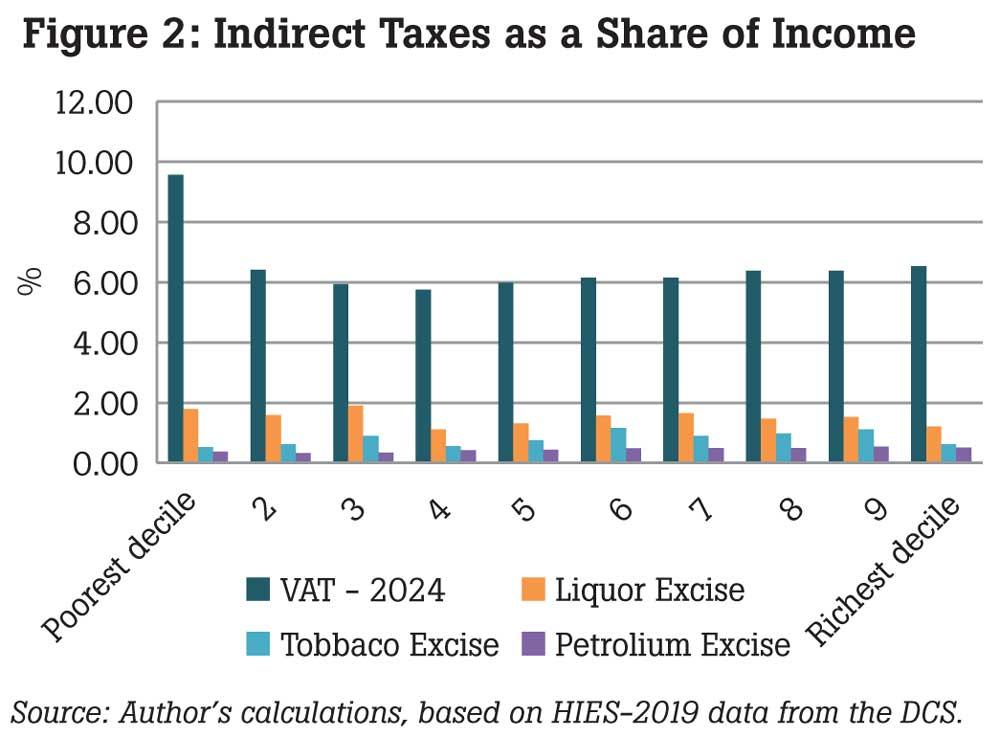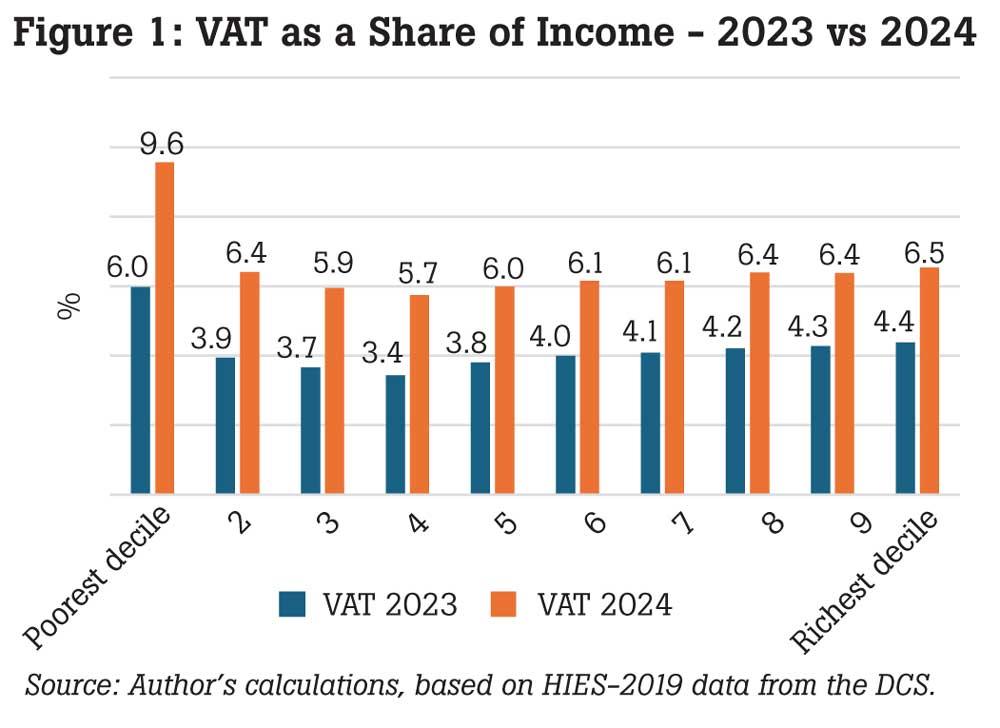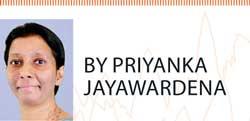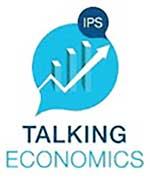16 Oct 2024 - {{hitsCtrl.values.hits}}


 Earlier this year, Sri Lanka introduced major changes to the Value Added Tax (VAT) system. The VAT rate increased from 15 percent to 18 percent and the tax exemptions were removed for 97 items, including essential goods such as gas and stationery. While these revisions aimed to boost government revenue, they have also significantly increased the tax burden on the low-income households, making life even more challenging for the most vulnerable during this ongoing crisis. This article offers a comprehensive overview of the recent VAT revision and potential solutions for easing the VAT burden in Sri Lanka.
Earlier this year, Sri Lanka introduced major changes to the Value Added Tax (VAT) system. The VAT rate increased from 15 percent to 18 percent and the tax exemptions were removed for 97 items, including essential goods such as gas and stationery. While these revisions aimed to boost government revenue, they have also significantly increased the tax burden on the low-income households, making life even more challenging for the most vulnerable during this ongoing crisis. This article offers a comprehensive overview of the recent VAT revision and potential solutions for easing the VAT burden in Sri Lanka.
 Rise in VAT burden
Rise in VAT burden
The VAT rate hike from 15 percent to 18 percent has translated into a 20 percent rise in VAT payments overall. A VAT simulation analysis based on the Household Income and Expenditure Survey (HIES) 2019 data reveals that when combined with the removal of tax exemptions, the average VAT burden has increased by about 50 percent.
However, this burden is not evenly distributed. The poorest 40 percent of households face an approximate 60 percent rise in VAT payments, while the other income groups experience around a 50 percent increase.
Who bears brunt of VAT revision?
The harshest impact of these VAT revisions has fallen on the lowest income households. The bottom 10 percent of households now pay around 10 percent of their income as VAT, up from 6 percent under the previous VAT system
In comparison, the other households spend about 6 percent of their income on VAT payments. This disproportionate impact is primarily due to the removal of tax exemptions on widely-used items, which are essential for all.
Removing the VAT exemptions on 97 items, out of the previously exempted 138, has made essential purchases more expensive. The low-income households typically allocate a greater portion of their budgets to essential items that were previously exempted from VAT but are now taxed. These include fuel, gas, telecommunication services as well as various food products made from locally cultivated grains, locally produced coconut milk and certain locally produced dairy products.
Comparing VAT with other indirect taxes
VAT applies to a wide range of goods and services, affecting all consumers. However, its impact is regressive, taking a larger proportion of income from the poorer households compared to the richer ones
In contrast, the excise taxes on products like alcohol and tobacco are less burdensome on the lower-income groups. The top 20 percent of households contribute 43 percent of alcohol taxes and 44 percent of tobacco taxes, while the bottom 40 percent of households account for 19 percent of alcohol taxes and 14 percent of tobacco taxes. Additionally, VAT applies to the basic commodities that everyone needs, whereas the excise taxes apply to tobacco and alcohol, which are harmful products that contribute to non-communicable diseases. In this sense, higher taxes on tobacco and alcohol act like an upfront investment in public health, helping to offset future healthcare costs.
What can be done?
While the VAT hike was designed to stabilise Sri Lanka’s finances, it disproportionately affects the vulnerable populations. This highlights the need for more balanced and fair fiscal policies. A more equitable approach would ensure that taxation doesn’t disproportionately affect those least able to afford it, preserving economic fairness during difficult times.
Addressing the uneven impact of VAT requires exploring policy alternatives such as reintroducing exemptions for essential goods, if necessary. Increasing the excise taxes on tobacco and alcohol is a favourable policy option. This could help create a more just system while reducing long-term healthcare expenses.
(Priyanka Jayawardena, a Research Economist at the Institute of Policy Studies (IPS), with research interests in skills and education, demographics, health and labour markets, has around 15 years of research experience at the IPS. She has worked as a consultant to international organisations including the World Bank, ADB and UNICEF. She holds a BSc (Hons) specialised in Statistics and an MA in Economics, both from the University of Colombo. She can be reached at [email protected])
01 Jan 2025 2 hours ago
01 Jan 2025 2 hours ago
01 Jan 2025 3 hours ago
01 Jan 2025 4 hours ago
01 Jan 2025 5 hours ago